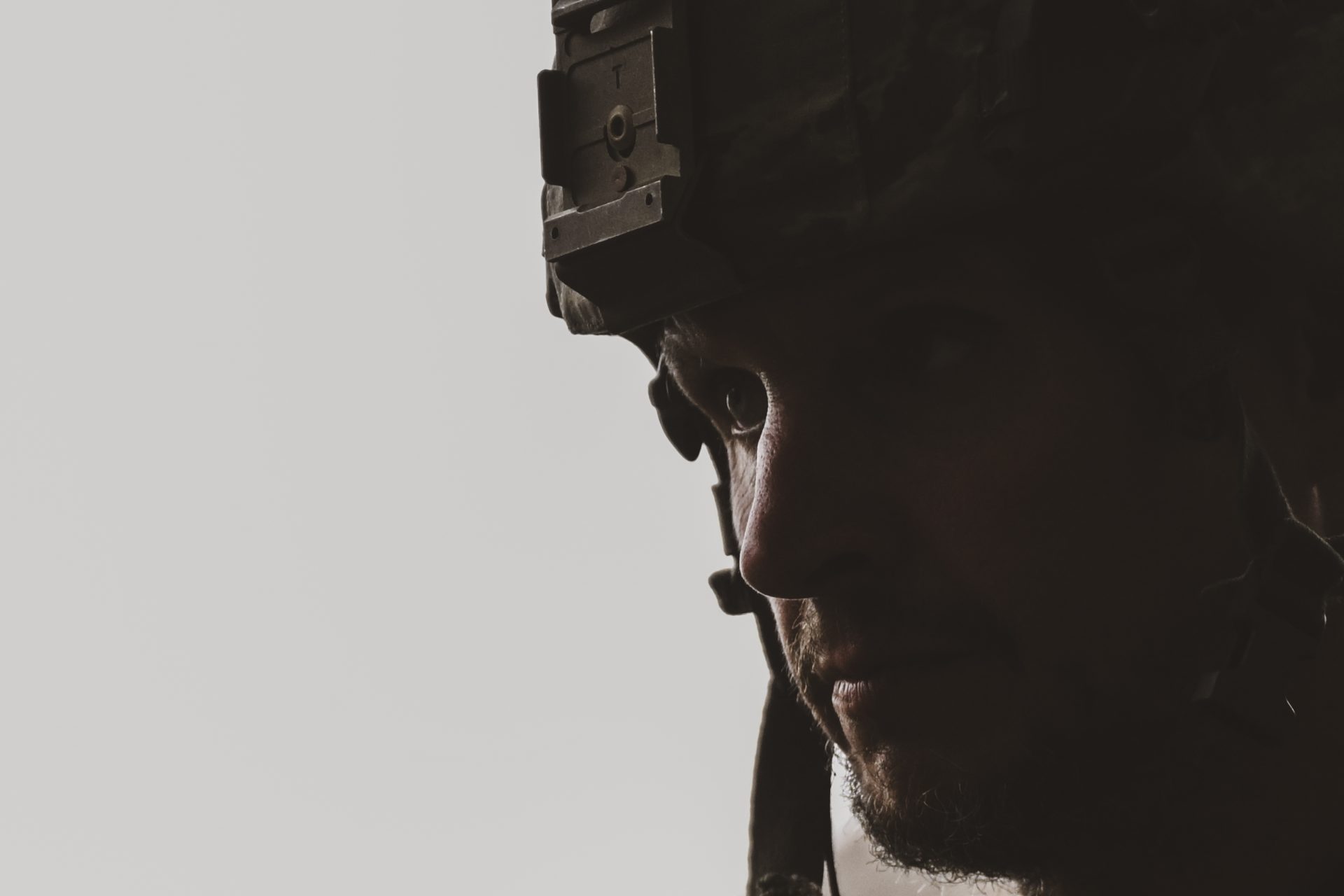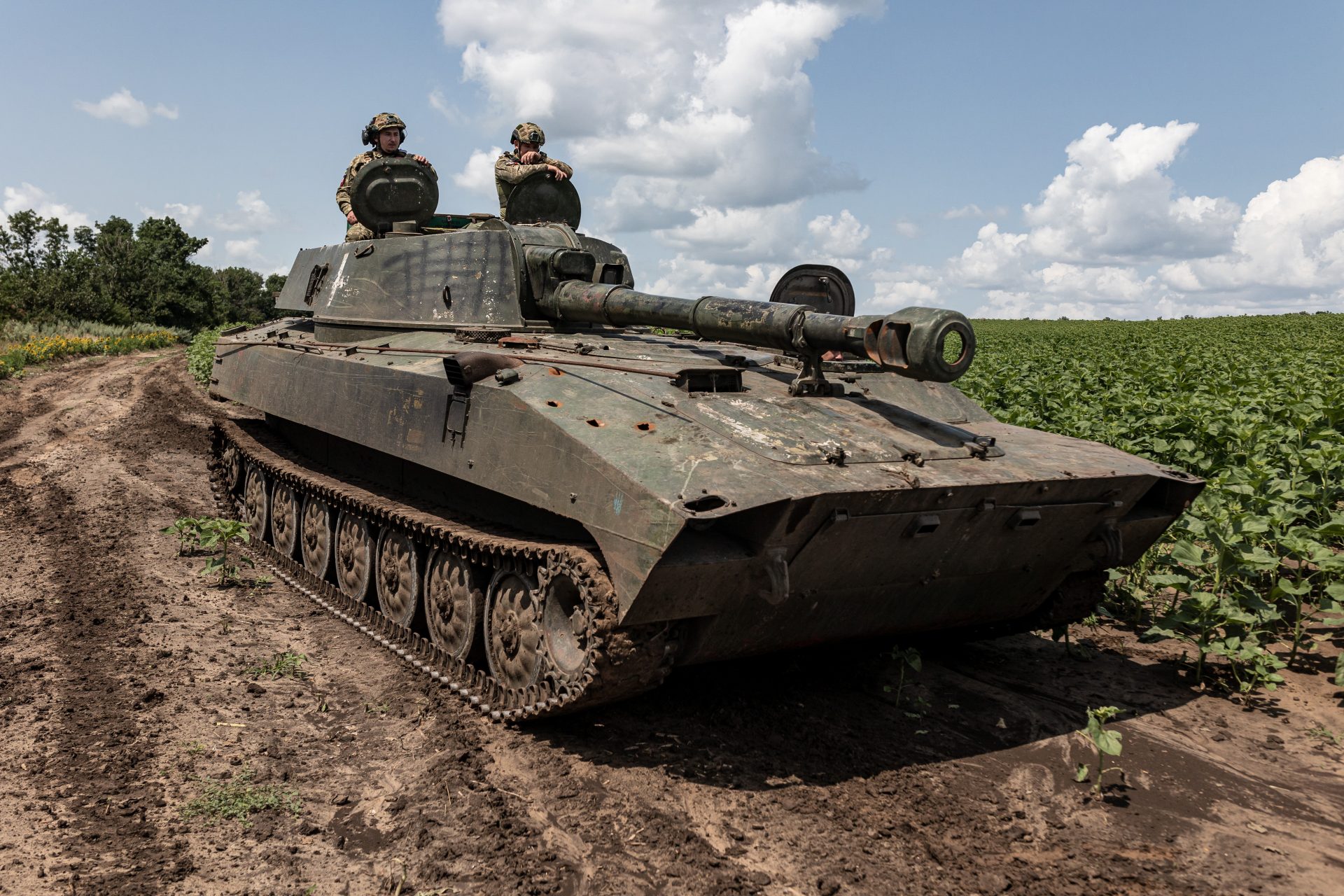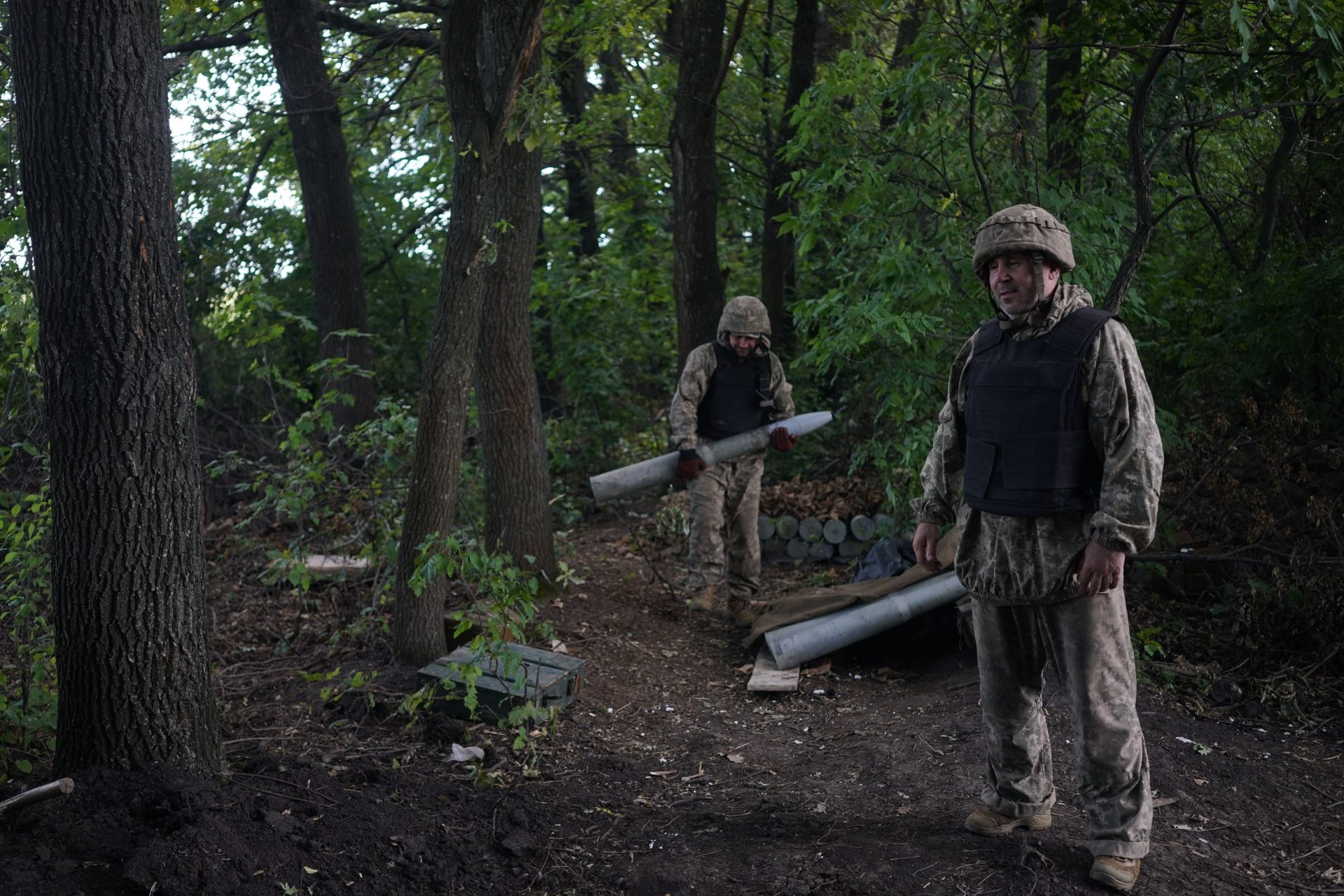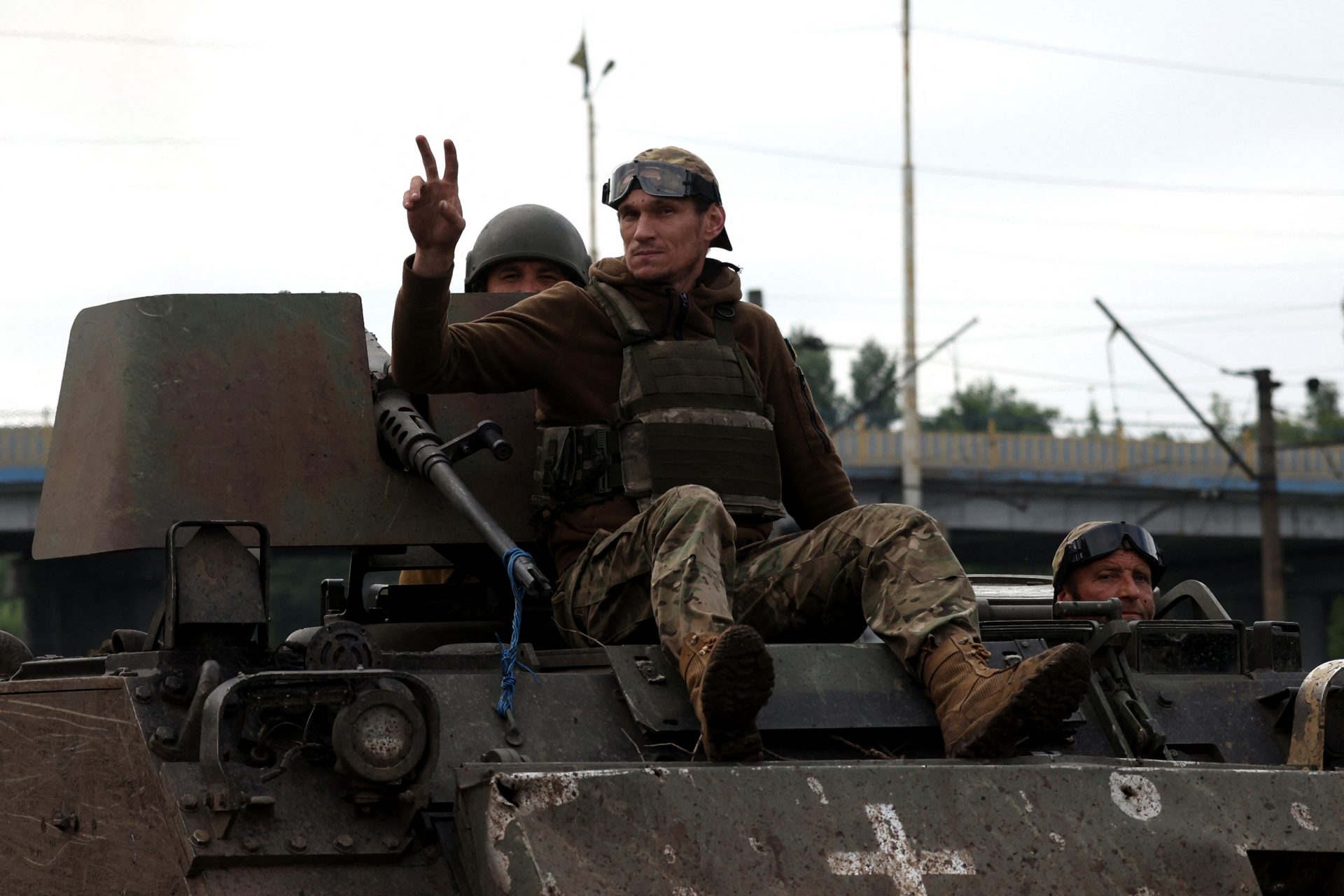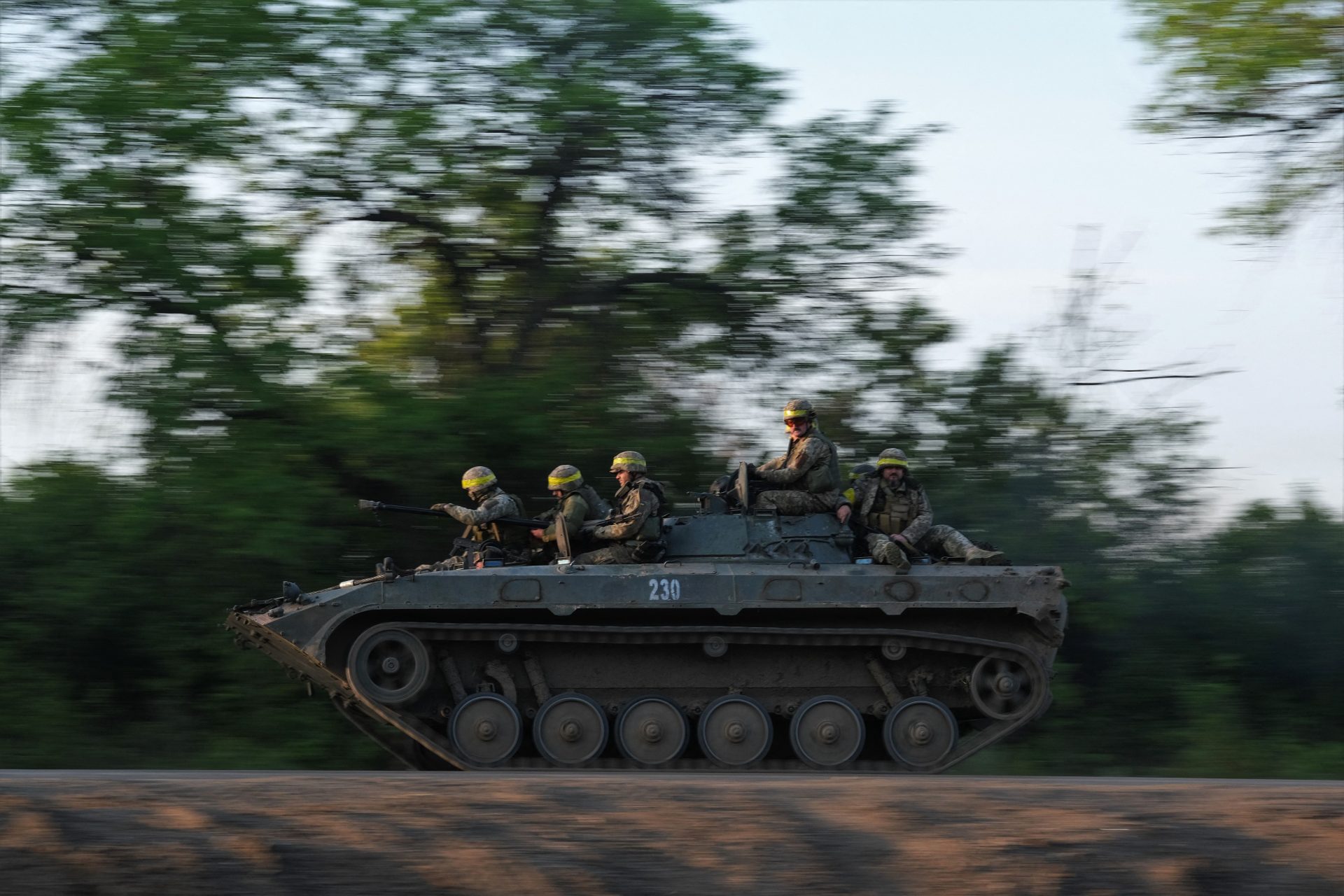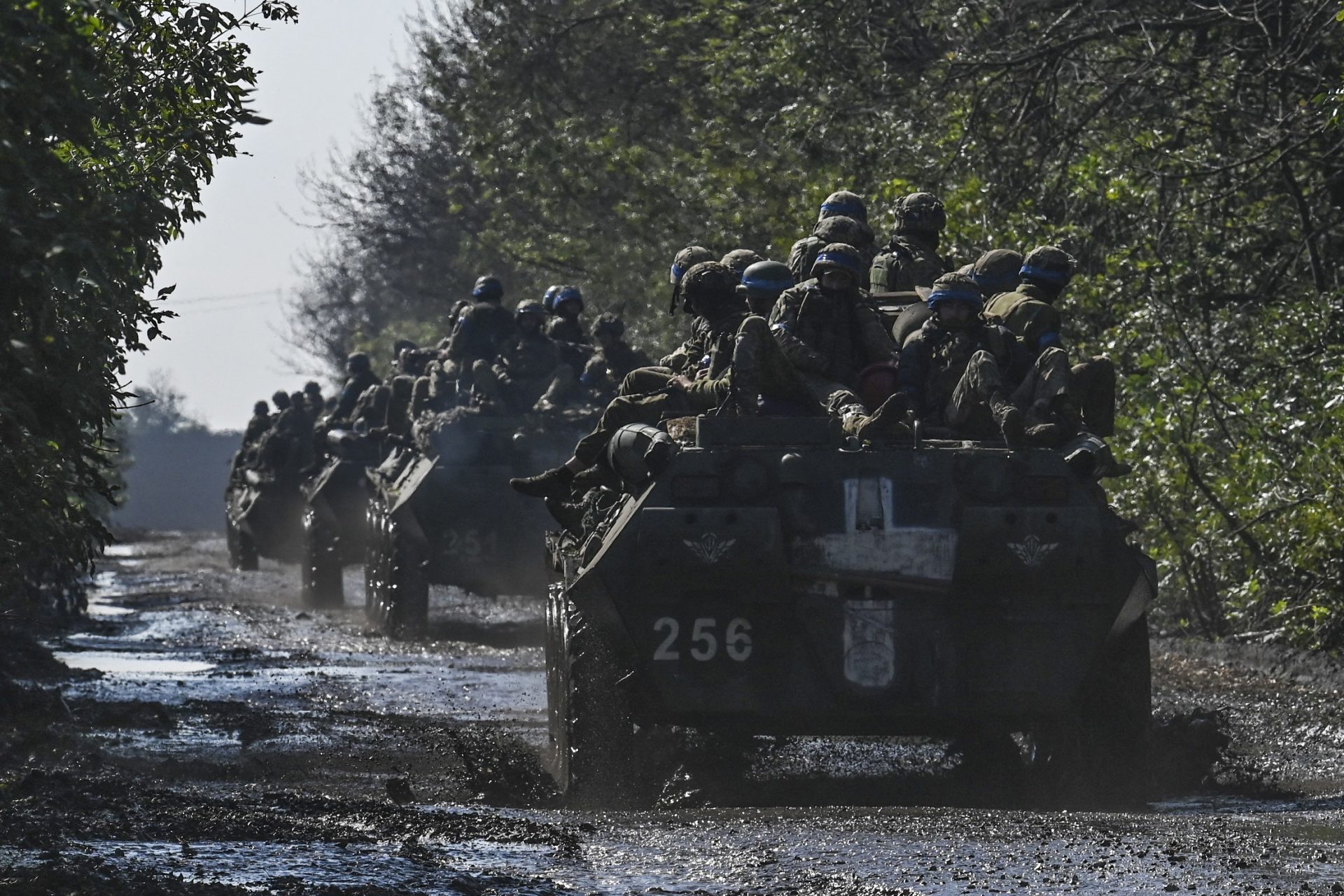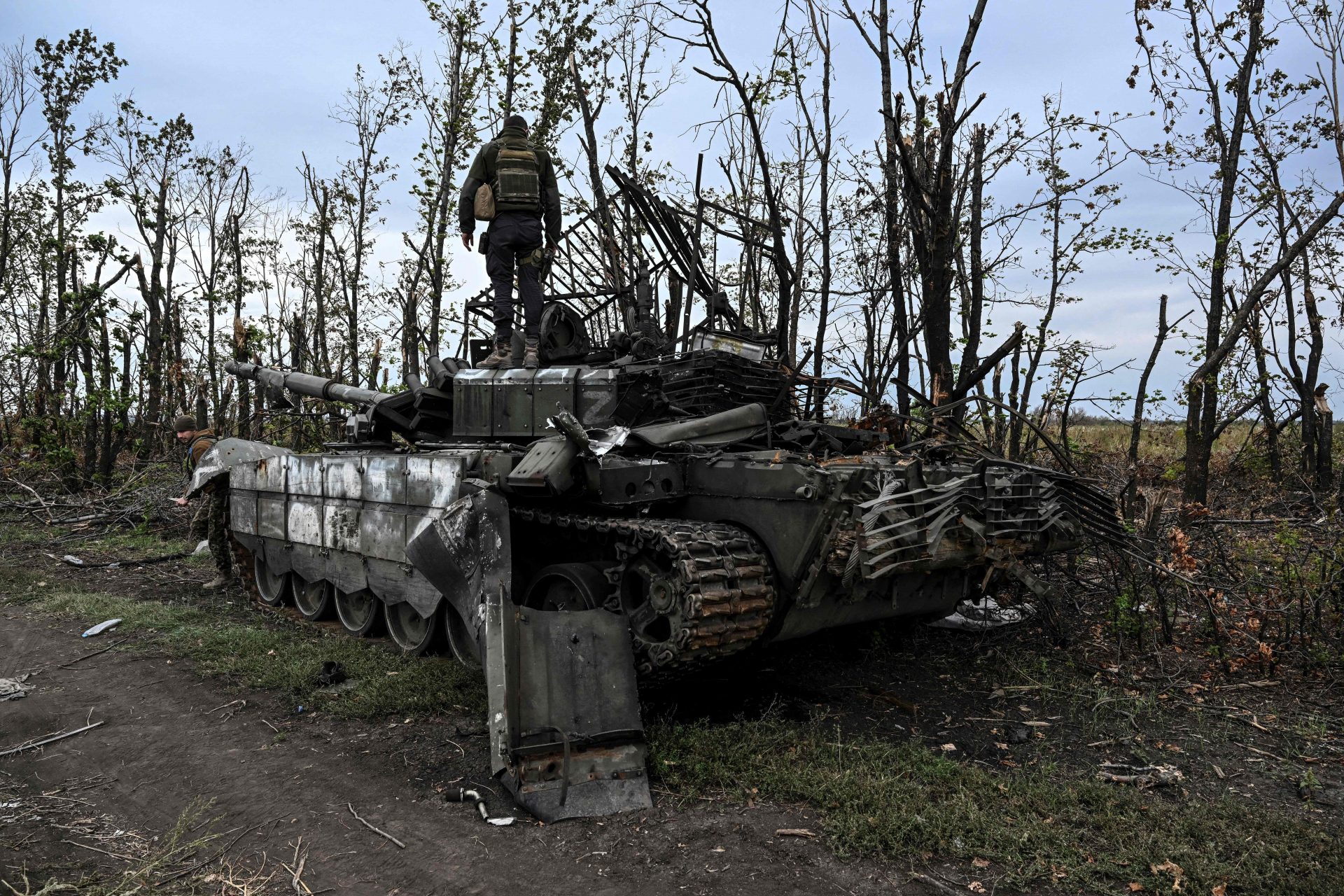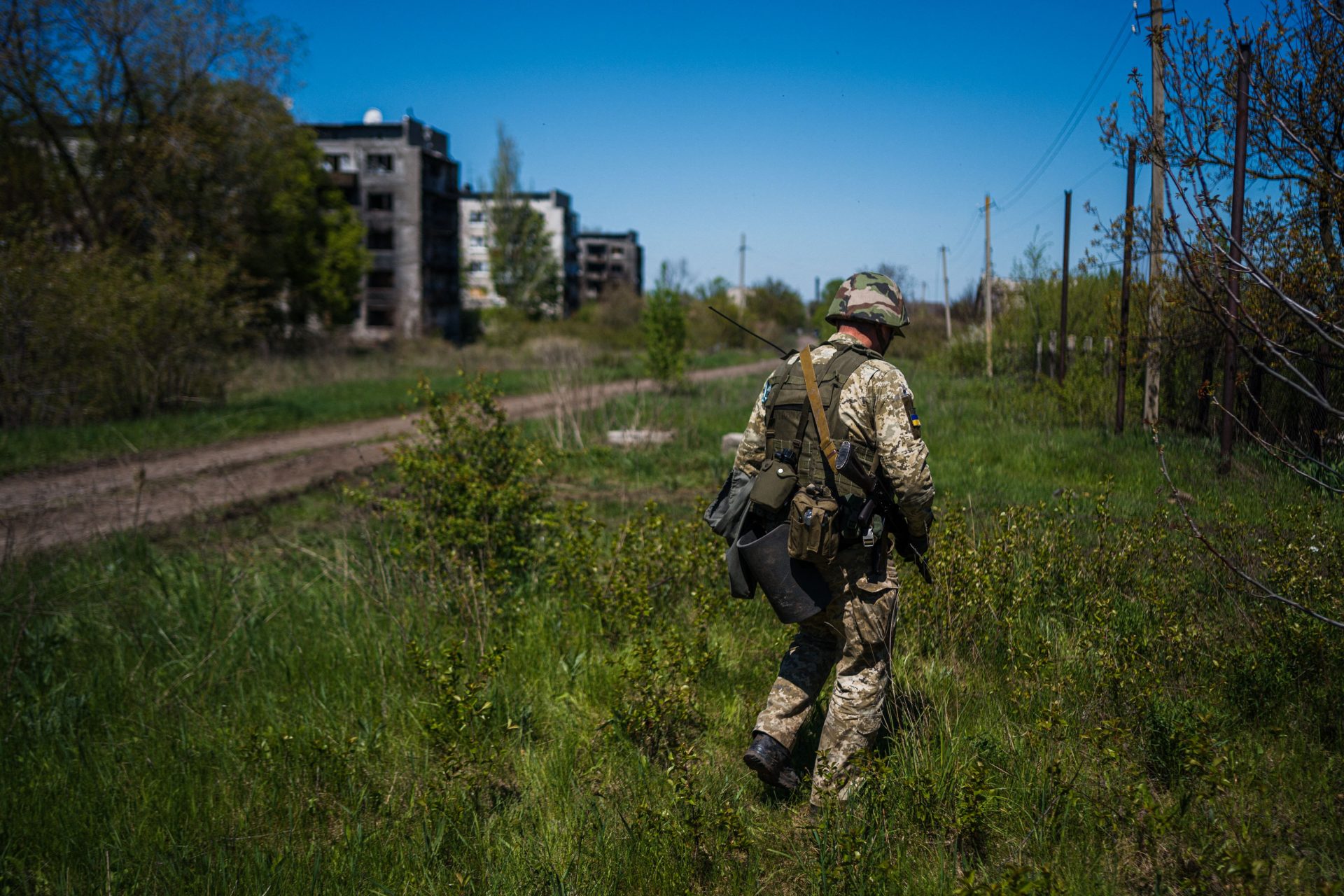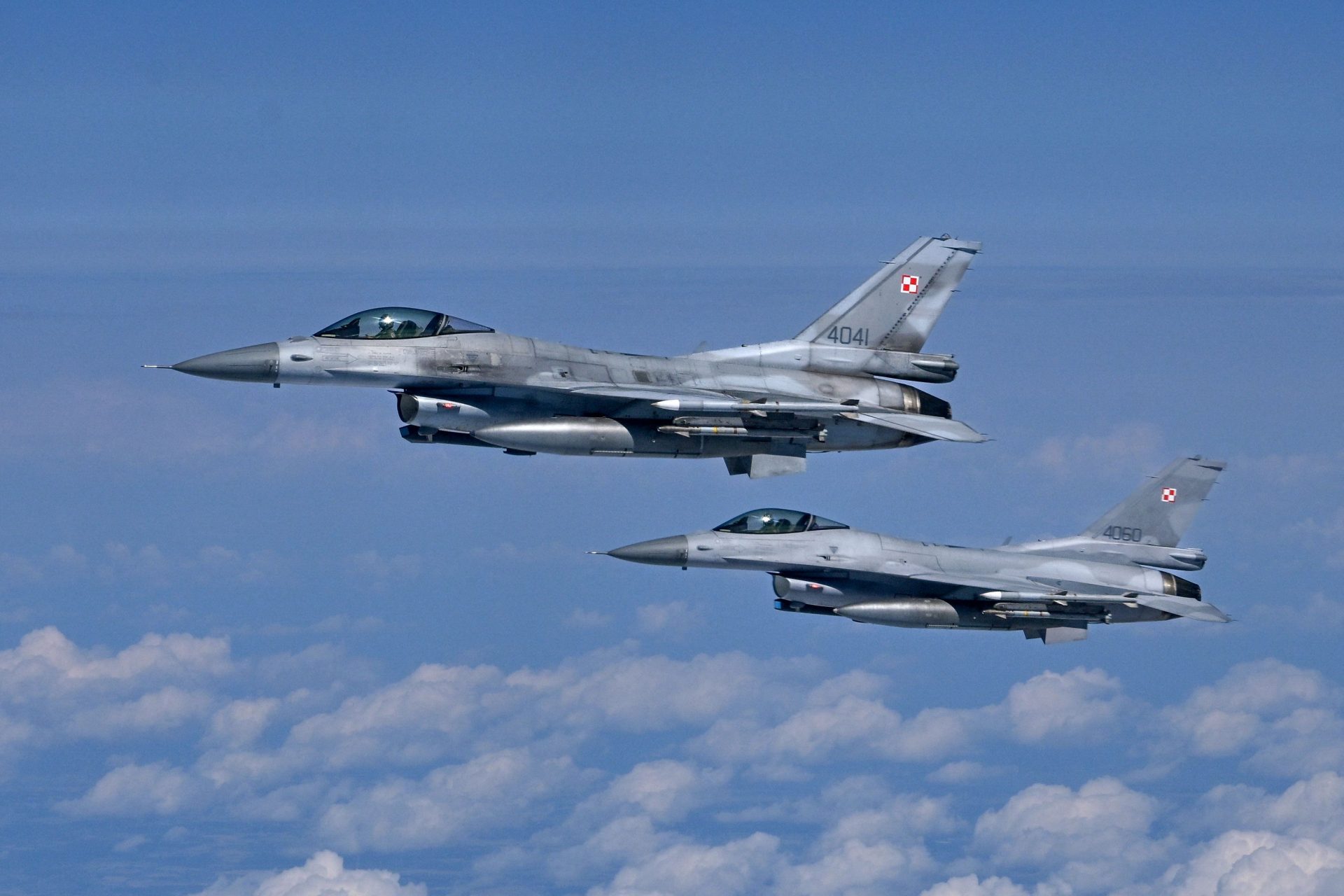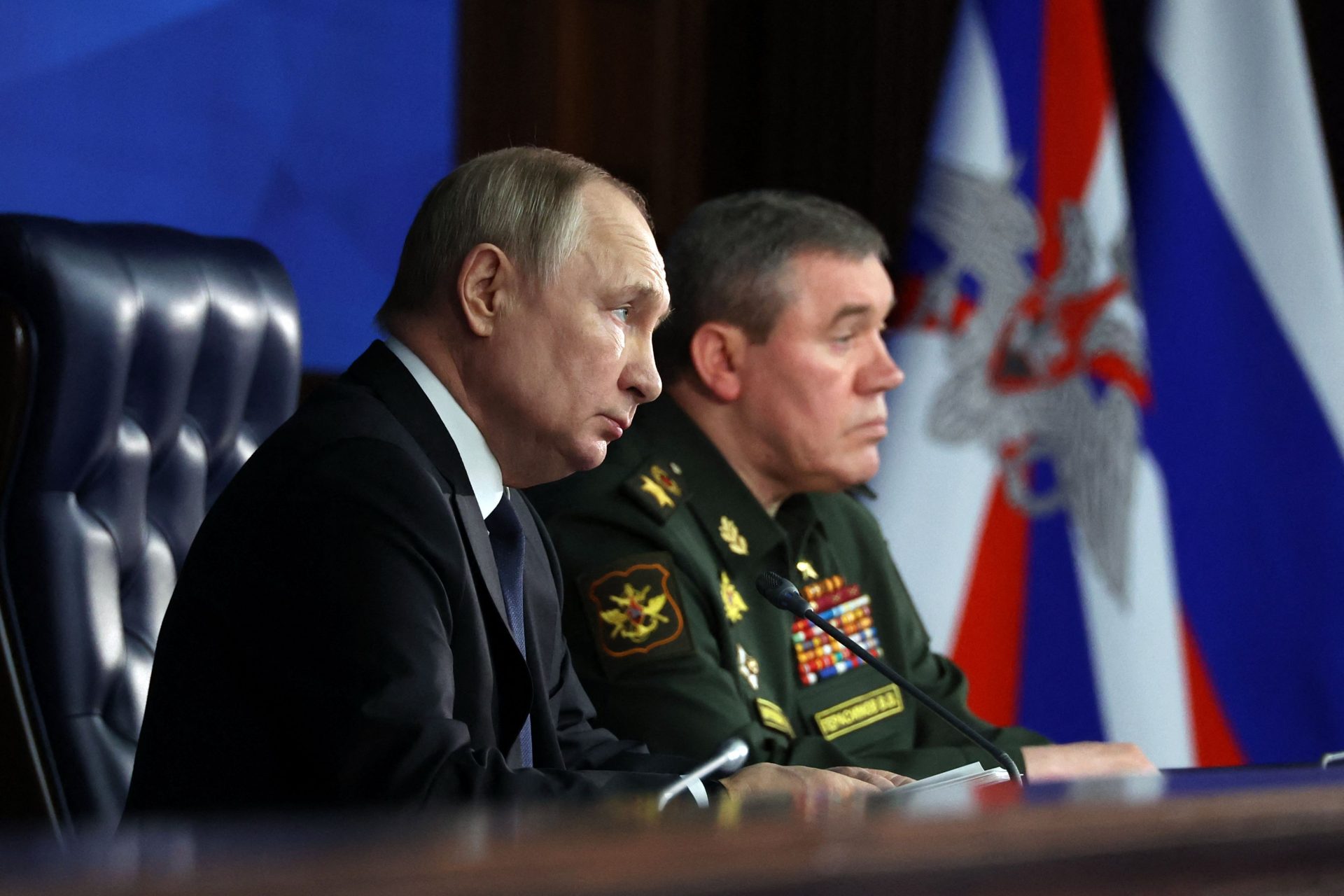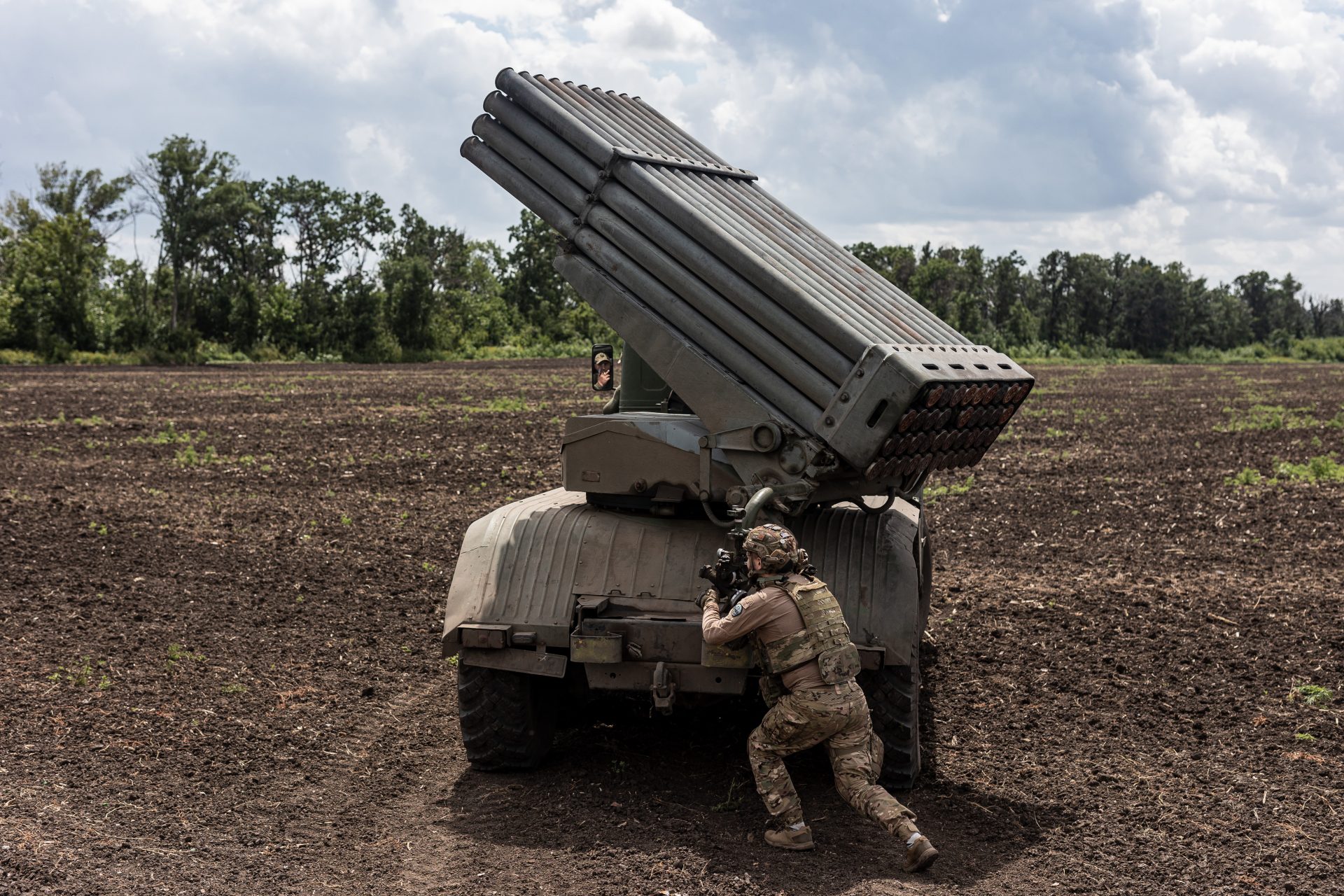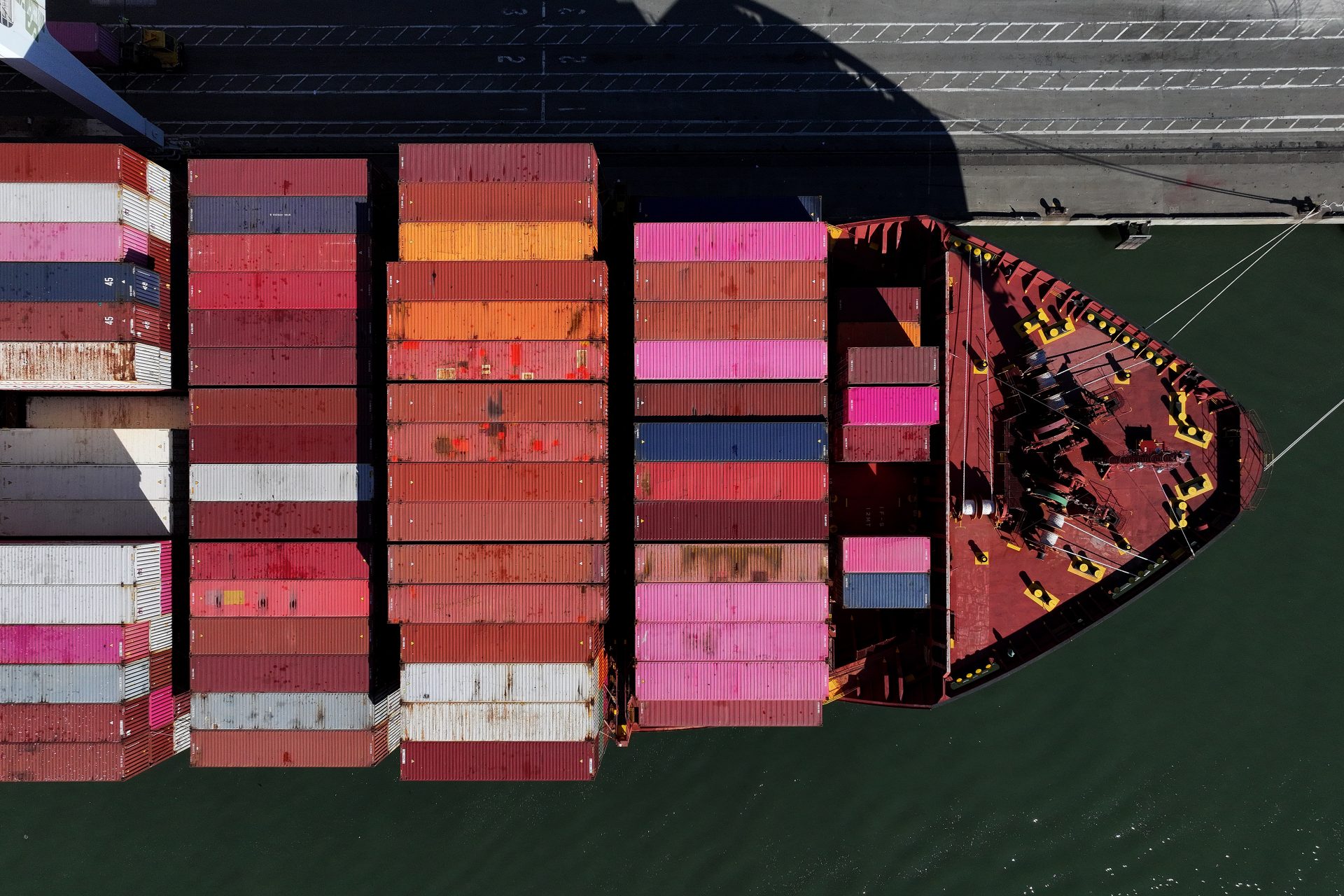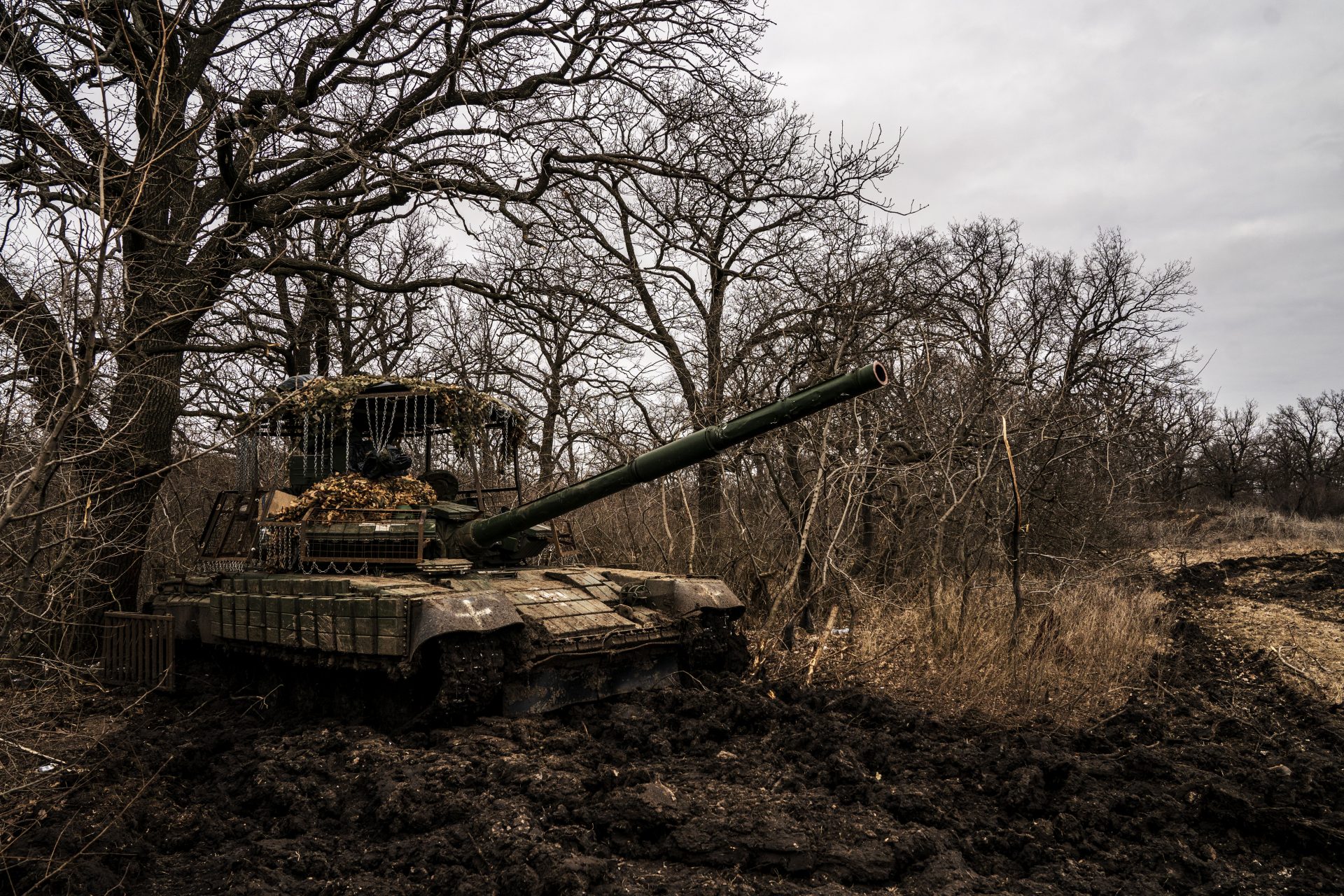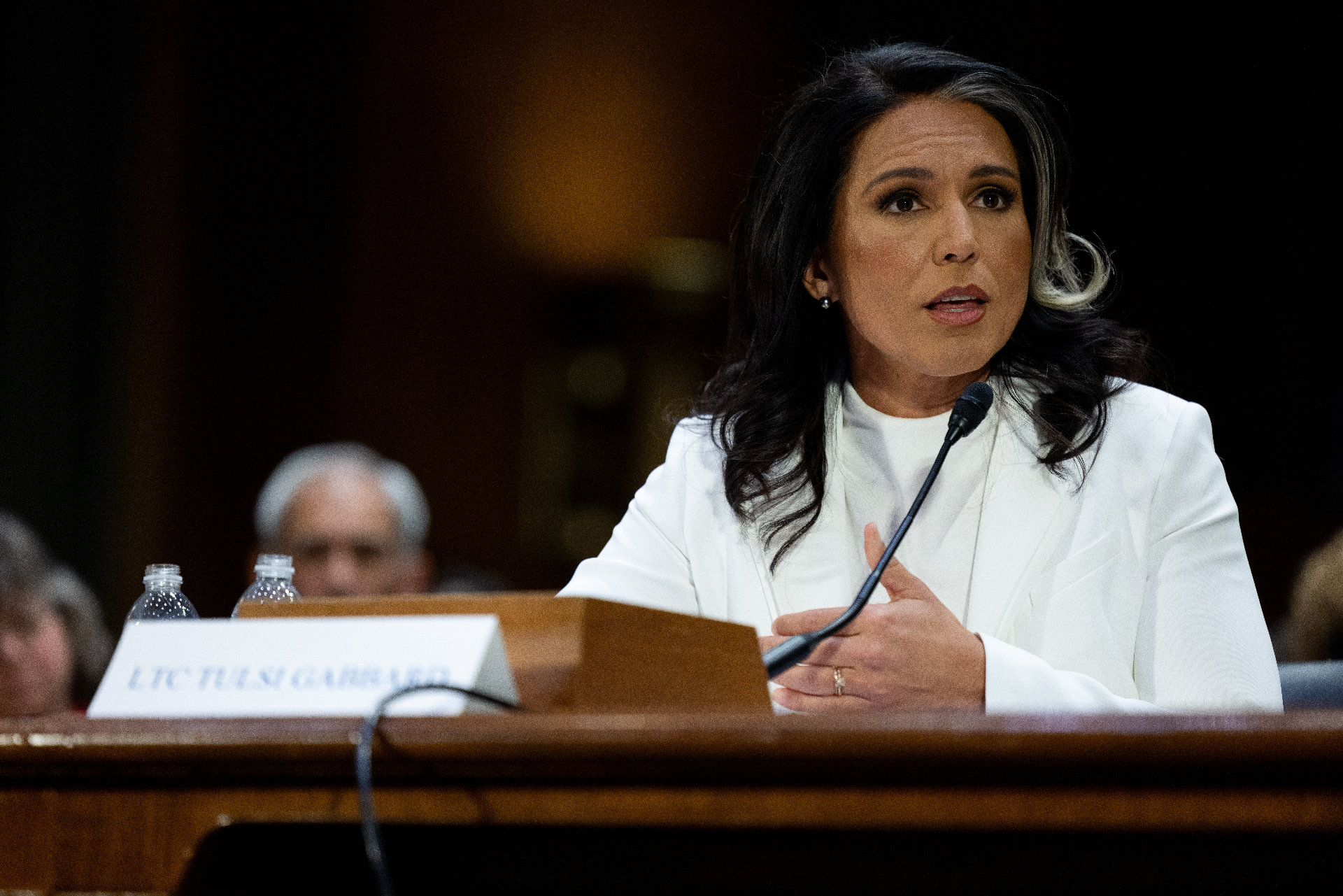Blinken reveals Ukraine's stunning success despite slow counter-offensive
Western onlookers and armchair generals haven’t been very impressed with the speed at which Ukraine’s current counter-offensive is pushing back Russian military forces but that shouldn’t detract from the country’s stunning military success, says one U.S. official.
U.S. Secretary of State Antony Blinken stressed this point during a July 23rd interview with CNN’s Fareed Zakaria, claiming that Ukraine has already made immense territorial gains since the war began and that the success of the counter-offensive will take time.
Blinken explained that Russia had already lost based on what Vladimir Putin had hoped to achieve, namely the elimination of Ukraine's independence and sovereignty in order to subsume it into the Russian Federation. “That failed a long time ago,” Blinken said.
What Ukraine faced now was a devastating fight to recapture the territory taken by the Russian military in the early days of the war, and in that regard, Kyiv had already done quite well. Bliken revealed Ukraine had already taken back 50% of what Russia seized.
“Now Ukraine is in a battle to get back more of the land that Russia seized from it. It’s already taken back about 50 percent of what was initially seized. Now they’re in a very hard fight to take back—to take back more,” Blinken explained to Zakaria.
Blinken went on to speak about the pace of the counter-offensive and said that Ukraine was still in the early days of its attacks but that the fighting was tough. The Russians put in place a number of strong defensive positions but Blinken believes they can be beaten.
It’s the support Ukraine's received from more than 50 countries as well as the Western training of Kyiv’s troops and training of forces not yet thrown into the fight that Blinken believes will make all the difference as the Ukrainian counter-offensive plays out.
This prompted Zakaria to inquire about the Russian defenses Ukraine faced, asking if Ukraine had more airpower would its military forces be able to break through the tough minefields, trench networks, and Russian artillery facing them across the battlefield.
“If the U.S. Army were to do this, the United States would have massive airpower, lots of bombing, clear the way, make it possible for the troops to then move forward. Why not give the Ukrainians the F-16s that they are asking for?” Zakaria questioned Blinken.
The response was one the Secretary of State has given often and he explained Ukraine had done well defending the country against a much more powerful military in the early days of the war, and that was thanks in part to the equipment Kyiv’s allies supplied.
However, Blinken said it was important to remember that new equipment wouldn’t save Ukraine at this moment, noting: “It’s not just the equipment itself. It’s the training. It’s the maintenance. It’s the ability to use it in combined arms operations.”
“All of that takes time. If a decision were made to actually move forward on the F-16s tomorrow, it would be months and months before they were actually operational,” the Secretary of State explained, adding the focus was to prepare Ukraine to get the jets.
It is unfortunate that even if Ukraine was supplied with the right air power to knock out Russian defenses, that air power wouldn’t make much of a difference—which is why we see the counter-offensive moving at such a slow pace at present despite past success.
However, despite all the rhetoric around the counter-offensive's slow progress, Ukraine has been making gains. "It's not as fast, but it's not catastrophically behind schedule," said British Defense Minister Ben Wallace on July 16th at NATO’s Vilnius summit.
Latest estimates from Ukraine’s Minister of Defense puts the number of liberated land at 81 square miles since June according to NBC News. A large gain to be sure but nothing like the Kharkiv offensive that saw over 1800 square miles returned in six days according to the Financial Times.
Ukraine is making progress, and the stats from Blinken show it's more than most would have believed when Russia launched its invasion. What we’re waiting on now is a major breakthrough, something Blinken says could take months rather than days or weeks.
More for you
Top Stories



